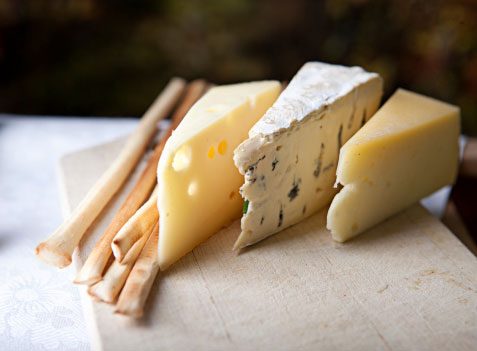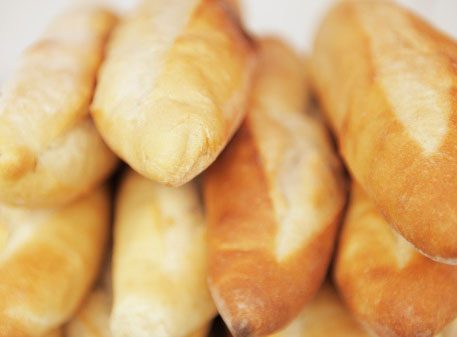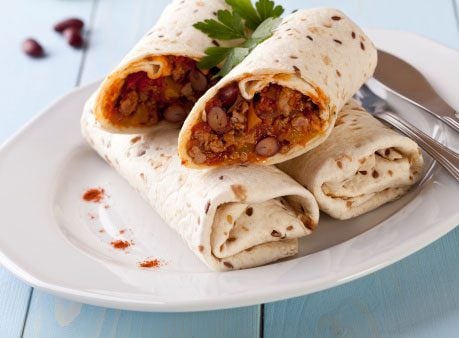
Deny Dairy
Conventional non-dairy spreads such as margarine can be occasionally used instead of creamy spreads and butter, and cheese doesn’t always have to come from milk. Vancouver dietitian Desiree Neilsen makes her own version of cheese-nutty “ricotta” that takes about 10 minutes with a high-powered blender.

Go Grain-Free
Ryerson University School of Nutrition professor Rena Mendelson calls books like Wheat Belly “the best thing that’s ever happened for celiacs” because they have spawned a demand for palatable gluten-free products. But if low-carb is your goal, Neilsen suggests slices of kohlrabi-which tastes similar to broccoli stems-or jicama instead of bread. And cauliflower makes a great pizza crust or rice substitute.

So Long, Soy
Consuming adequate protein is essential, especially if you’re active. Neilsen suggests tofu as a meat substitute. If you can’t eat soy, beans add a comforting density to meatless meals.

Fight Burnout
Fatigue, Neilsen says, can stem from a variety of dietary issues, including zinc deficiency and a lack of iron. Shellfish and beans can help combat a zinc deficiency, but for iron, Neilsen says, “it’s a matter of absorbability.” Speak to your doctor about non-dietary causes, and look for natural sources of iron, including spinach and red meat, before turning to supplements.

Sack the Sweets
A sugar addiction-as many people know-can be tough to break, but there’s good news. “As long as changes are gradual, acceptable and consistent, they’ll stick,” Mendelson says. One sugar alternative: dates, which, when hydrated and added to baked goods, add not only sweetness but fibre, magnesium and a bit of iron.